Description
The Gate Keepers – Engaging Pashtun Men for Gender Justice & Girls Education
CONTENTS
List of Figures ix
List of Tables xi
Acknowledgements xiii
Author’s Note xvii
Preface xix
Introduction 01
- Why He Won’t Send His Daughter to School: Barriers to Girls’ Education
- NGOs, Participatory Development, and Construction of Identities
- Angels of Mercy or Smiling Western Invaders? Community’s
Perception of NGOs
- Engaging Men for Gender Justice: Overcoming Barriers to Girls’ Education
Way Forward
Endnotes
Index
ABOUT THE BOOK
The book communicates both the huge challenges involved in educating girls in the Pashtun region of Pakistan. The author highlights Pashtun women’s agency and strength in their family context. Western scholars often argue that women lose power when they become mothers. This insightful discussion is very welcome as it addresses the ethnocentric lens through which many Western scholars interpret the relationship between women and men in non-Western contexts.
ABOUT THE AUHTOR
Dr. Aamir Jamal is Associate Professor of International Social Development and Social Policy at the University of Calgary in Canada. With a unique background that combines a PhD in International Development from the University of Calgary, an MBA from Adelphi University, New York, and several years of experience in social policy and community development in both local and international settings, Dr. Jamal offers and interesting and valuable blend of knowledge and experience in the areas of global policy, nonprofit leadership and management, and international social development.
Dr. Jamal’s work has been published in prestigious international scholarly journals and presented at various academic conferences and community events across the globe. His research emerges from a strong social justice perspective and has focused primarily on three areas: engaging men in gender justice; the effectiveness of International Nongovernmental Organizations (INGOs) in the development sector; and Muslim youth, identity crisis, and global conflicts. What makes Dr. Jamal’s approach to research stand out is his use of community-based qualitative research methods to explore deep rooted socio-cultural and political issues of diverse marginalized groups.
Dr. Jamal founded and led serval educational and humanitarian assistance programs in Pakistan. He has worked extensively in the areas of program design and evaluation, donor communication & liaison development with government, and nongovernmental organizations (NGOs). Dr. Jamal also provides training and consulting in area of qualitative research design and qualitative approaches to program evaluation. He continues to serve as an invited expert for a number of Canadian and international organizations, government bodies, and parliamentary committees.
Further, he has received several awards for both his research and work for human rights and social justice including the Izzak Killam Doctoral Award, Nickola Goddard Research Award, the International Research Award by the Canadian International Development Agency (CIDA) and Recognition of Excellence Social Action Award from the University of Calgary Canada.
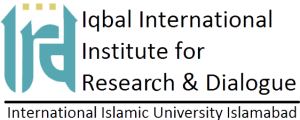
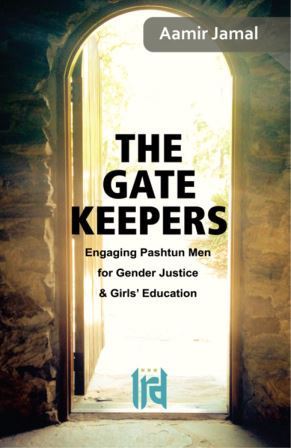
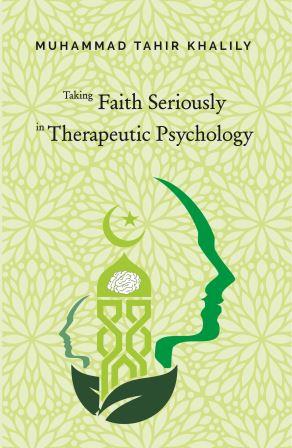
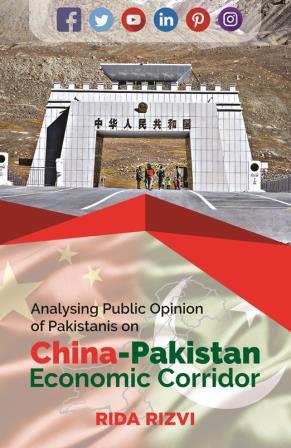
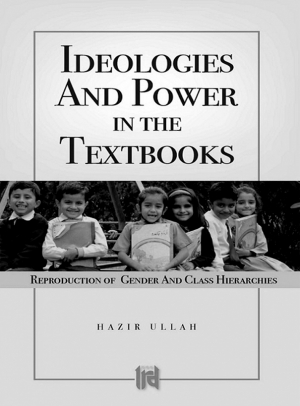
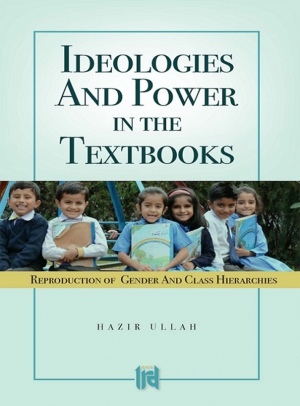
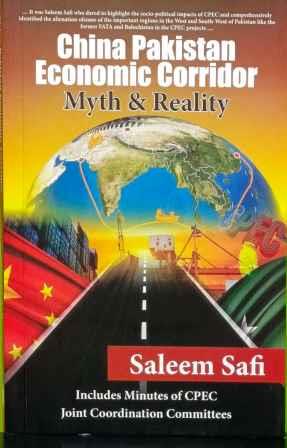


Reviews
There are no reviews yet.